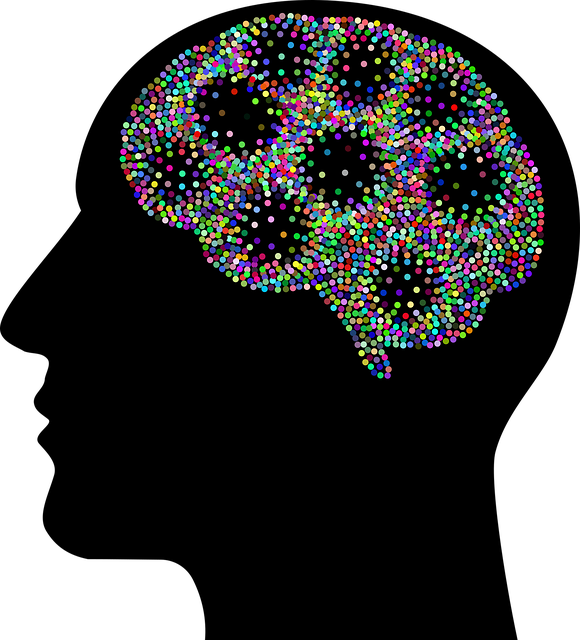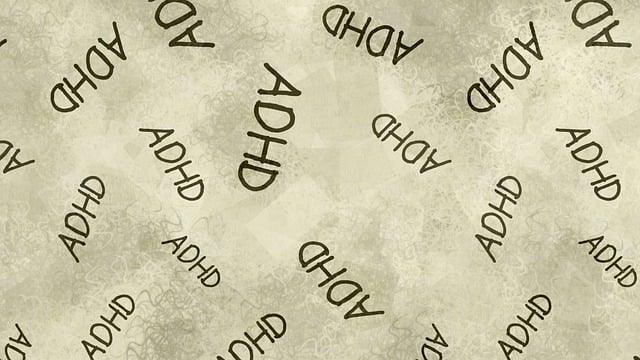New mothers suffering from postpartum depression (PPD) are a critical target market for mental wellness apps, with unique challenges like enhanced mental resilience and positive thinking. The 'Golden Postpartum Depression Therapy' app offers a revolutionary holistic approach combining therapy, confidence building, and mindset shifts to support new mothers. With user-friendly design, evidence-based practices, and a supportive community, it promotes long-term mental well-being for both mother and child. In the competitive market, focusing on specific needs like PPD, offering tailored crisis intervention, burnout prevention tools, and mindfulness exercises can set an app apart as a Golden Postpartum Depression Therapy solution. A multi-channel marketing strategy using social media, influencer partnerships, and user-generated content is key to reaching and engaging this target audience effectively.
In today’s digital age, mental wellness apps play a crucial role in supporting individuals like new mothers navigating postpartum depression (PPD). This article explores an effective marketing strategy for Golden Postpartum Depression Therapy, an innovative app designed to address PPD specifically. By understanding the unique needs of target audiences and leveraging current digital health trends, we’ll craft a compelling value proposition and multi-channel marketing approach to maximize reach and engagement, ensuring more mothers access this life-changing therapy.
- Understanding Target Audience: New Mothers and Postpartum Depression
- Uniqueness of Golden Postpartum Depression Therapy: Key Features and Benefits
- Digital Marketing Landscape for Mental Health Apps: Trends and Opportunities
- Crafting a Compelling Value Proposition for Your App
- Multi-Channel Marketing Strategy for Maximum Reach and Engagement
Understanding Target Audience: New Mothers and Postpartum Depression

New mothers often face a unique set of challenges, particularly when it comes to their mental health post-pregnancy. Postpartum depression (PPD) is a common yet often overlooked issue that can significantly impact a mother’s daily life and well-being. Recognizing this target audience—new mothers struggling with PPD—is crucial for developing an effective marketing strategy for mental wellness apps.
These individuals may be seeking support to enhance their mental resilience, boost confidence in their new role, and cultivate positive thinking. By tailoring content and messaging to address these specific needs, mental health app marketers can attract and engage this demographic effectively. The ‘Golden Postpartum Depression Therapy’ approach, coupled with strategies focusing on building confidence and fostering positive mindset shifts, has the potential to revolutionize postpartum support, ensuring that both mother and child thrive during this transformative period.
Uniqueness of Golden Postpartum Depression Therapy: Key Features and Benefits

Golden Postpartum Depression Therapy stands out in the mental wellness app landscape with its holistic approach to tackling postpartum depression (PPD). This innovative therapy goes beyond traditional treatments by focusing on the unique needs and challenges faced by new mothers. Key features include personalized self-care routines tailored to individual schedules, integrating mindfulness meditation practices into daily life, and offering effective stress management techniques specifically designed for the postpartum period. By combining these elements, the app provides a comprehensive solution that empowers users to navigate the complexities of PPD with greater resilience.
The benefits extend beyond symptom reduction; Golden Postpartum Depression Therapy fosters long-term mental health by teaching practical tools for self-regulation and promoting a healthy balance between nurturing a new baby and maintaining one’s own well-being. Through its user-friendly interface, evidence-based practices, and community support, this therapy offers a supportive environment where mothers can reclaim their mental wellness journey with confidence and hope.
Digital Marketing Landscape for Mental Health Apps: Trends and Opportunities

In today’s digital era, the mental wellness app market is experiencing a surge, reflecting a growing awareness and demand for accessible therapy solutions. The online space has become a vibrant landscape for startups and established players alike, offering innovative approaches to addressing various mental health concerns. Digital marketing plays a pivotal role in this arena, enabling apps to reach their target audiences effectively. By leveraging trends such as social media marketing, influencer partnerships, and content creation, mental wellness apps can build communities, increase brand visibility, and foster trust among users seeking support for conditions like postpartum depression therapy.
Among the opportunities that present themselves, crisis intervention guidance and mood management stand out as key areas where digital marketing excellence can make a tangible difference. Additionally, healthcare provider cultural competency training, tailored to the specific needs of diverse user groups, represents another strategic avenue. Effective marketing strategies should aim to educate both potential users and healthcare professionals about the benefits and accessibility of these mental health apps, ensuring that the right support reaches those who need it most, especially in addressing conditions like Golden Postpartum Depression Therapy.
Crafting a Compelling Value Proposition for Your App

In the competitive landscape of mental wellness apps, crafting a compelling value proposition is paramount. Your app’s unique selling point should resonate with the target audience, addressing their specific needs and challenges. For instance, many new mothers struggle with postpartum depression—a condition often overlooked in traditional healthcare. Herein lies an opportunity for your app to shine as a Golden Postpartum Depression Therapy solution, offering tailored support and crisis intervention guidance for this vulnerable demographic.
By focusing on providing personalized therapy and burnout prevention strategies for healthcare providers, your app can differentiate itself. Incorporate features that cater to stress management, mindfulness exercises, and regular check-ins to help users combat burnout, a prevalent issue among healthcare professionals. This dual approach—treating postpartum depression and preventing burnout—will not only attract but also retain users, establishing your app as an indispensable tool in the mental wellness space.
Multi-Channel Marketing Strategy for Maximum Reach and Engagement

In today’s digital age, a multi-channel marketing strategy is essential to reach and engage a diverse audience seeking mental wellness solutions, especially when targeting sensitive issues like postpartum depression. By leveraging various channels, including social media platforms, email campaigns, and collaborations with influencers or other mental health organizations, the app can maximize its impact. For instance, creating engaging content for a Mental Wellness Podcast Series Production can attract an audience interested in learning more about specific topics related to mental health, subtly introducing the app as a valuable resource for ongoing support.
Additionally, integrating strategies like user-generated content and influencer partnerships can enhance credibility and trust. Promoting success stories and testimonials through these channels can resonate with individuals experiencing similar challenges, encouraging them to try the app. For instance, leveraging a Golden Postpartum Depression Therapy narrative that showcases effective recovery paths can be powerful in reducing stigma and attracting users at risk of developing or already struggling with anxiety relief needs. Moreover, collaborating with mental health professionals to discuss topics like risk assessment and prevention strategies ensures content accuracy and further solidifies the app’s position as a reliable resource for maintaining mental wellness.
Marketing a mental wellness app, particularly one focused on postpartum depression like Golden Postpartum Depression Therapy, requires a strategic approach that understands the unique needs of new mothers. By leveraging digital marketing trends and crafting a compelling value proposition, this therapy app can reach and engage its target audience effectively. A multi-channel strategy that incorporates targeted advertising, social media engagement, and community building will maximize exposure, ensuring that expectant and new mothers receive the support they need for their mental wellness during this crucial period.














